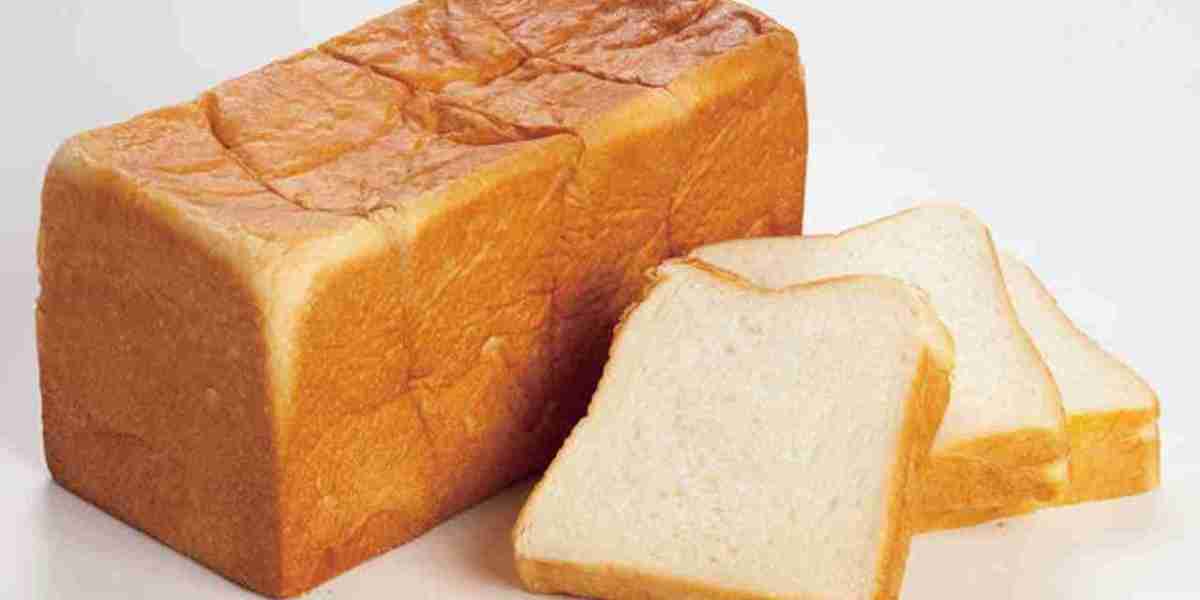Sustainability has become a core focus across the food industry, and the specialty bread market is no exception. As environmental concerns intensify and consumers increasingly prioritize eco-friendly products, bakeries are adapting their operations to be more sustainable — from sourcing ingredients to packaging and waste management.
This article explores the growing role of sustainability in specialty bread production, the challenges and opportunities it presents, and how bakery operations are evolving to meet both consumer expectations and environmental responsibilities.
Why Sustainability Matters in Specialty Bread
Sustainability in bakery operations helps reduce environmental impact and supports social responsibility. Key reasons sustainability matters include:
Consumer demand: Modern consumers seek brands aligned with their environmental values.
Resource conservation: Reducing water, energy, and raw material usage minimizes costs and ecological footprint.
Regulatory compliance: Governments are increasingly introducing policies encouraging sustainable practices.
Brand reputation: Sustainability initiatives enhance brand loyalty and market differentiation.
Sustainable Ingredient Sourcing
Specialty bakeries are focusing on:
Locally sourced grains and produce to reduce transportation emissions and support local farmers.
Organic and regenerative agriculture practices that restore soil health and biodiversity.
Fair trade and ethical sourcing ensuring fair labor practices and community benefits.
These approaches ensure high-quality ingredients while promoting environmental and social sustainability.
Energy Efficiency in Production
Bakeries are adopting energy-saving technologies such as:
Efficient ovens and mixers
Heat recovery systems
LED lighting
Smart energy management software
Reducing energy consumption not only lowers costs but also decreases carbon emissions.
Waste Reduction and Circular Economy
Waste management is a priority, with strategies including:
Recycling and composting bread scraps and packaging materials.
Repurposing unsold bread into products like breadcrumbs, croutons, or animal feed.
Optimizing production planning to minimize overproduction.
Some bakeries participate in circular economy initiatives, turning waste into valuable resources.
Sustainable Packaging Innovations
Packaging plays a critical role in sustainability:
Use of biodegradable, compostable, or recyclable materials.
Reduction of plastic use by adopting paper-based wraps or bags.
Designing packaging to extend shelf life, reducing food waste.
Challenges in Implementing Sustainability
While sustainability is essential, bakeries face obstacles:
Higher costs of organic or locally sourced ingredients.
Investment needed for energy-efficient equipment.
Complexity in managing supply chains to ensure transparency.
Consumer willingness to pay a premium for sustainable products.
Consumer Education and Transparency
Brands are investing in educating consumers on the benefits of sustainable bread products through:
Clear labeling (e.g., organic, locally sourced, carbon footprint).
Storytelling about sourcing and production practices.
Engaging marketing campaigns promoting sustainability values.
Sustainability as a Competitive Advantage
Adopting sustainability enhances:
Market differentiation in a crowded specialty bread segment.
Attraction of environmentally conscious consumers.
Long-term operational resilience against resource scarcity.
Future Outlook
The role of sustainability in bakery operations will grow, driven by:
Increased regulatory pressure.
Rising consumer environmental awareness.
Innovation in sustainable ingredients and packaging.
Collaboration across supply chains to improve sustainability metrics.
Conclusion
Sustainability is no longer optional but a strategic imperative in the specialty bread market. Bakeries embracing sustainable sourcing, energy efficiency, waste reduction, and eco-friendly packaging can build stronger brands, satisfy discerning consumers, and contribute to a healthier planet — all while ensuring operational viability and growth in an evolving market landscape.



